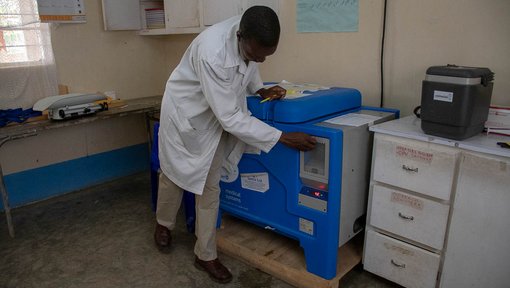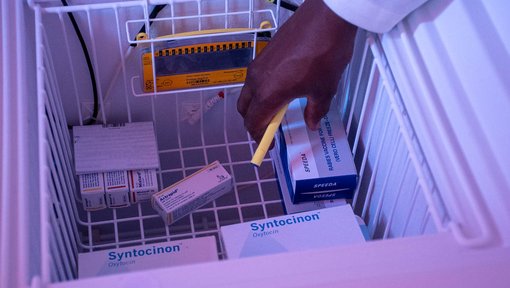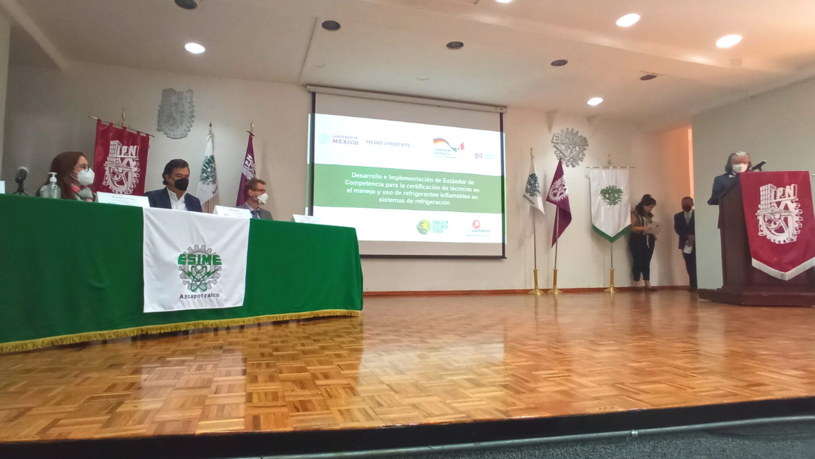On June 21, as part of the framework of the HPMP II of Mexico, the first labor competency standard for hydrocarbons (HC) in Mexico was presented. The event was hosted by GIZ , with the collaboration of the Ministry of Environment and Natural Resources (SEMARNAT) and the Council on Technical Excellence (CET) in Mexico.
The promotion of natural refrigerants and high energy efficiency levels of refrigeration and air conditioning (RAC) appliances is essential to achieve a significant mitigation of greenhouse gases (GHG) of the cooling sector. Natural refrigerants such as hydrocarbons, carbon dioxide and ammonia are suitable natural refrigerant options, but due to their flammability, toxicity and/or high pressure handling characteristics they present different safety risks compared to conventional HCFC and HFC refrigerants. In order to meet the obligations of the Kigali Amendment, countries must therefore ensure that safety standards are in place to promote the safe application of natural refrigerants.
In November 2021, the competition standard “Provision of preventive and corrective services to self-contained refrigeration equipment with a maximum permissible load of up 150 grams of hydrocarbon refrigerant” was published in the Official Gazette of the Federation (DOF) of Mexico. After that, on June 3, 2022, GIZ México, the SEMARNAT and the CET presented this standard for the use of natural refrigerants in Azcapotzalco, Mexico City. They developed the capabilities and standards that improve the country’s conditions to achieve a transition to energy efficient technologies and reduce greenhouse gas emissions through the application of natural refrigerants and, in addition, the certification of technicians in the country. The standard is currently limited to appliances with up to 150 grams of HC standards but participants in the development of the standard have agreed that the standard will be updated as soon as appliances with other HC characteristics will be in the country.
The event was opened with welcoming remarks by Philipp Schukat, coordinator the climate Cluster of GIZ Mexico, Adolfo Cimadevilla Director of the General Directorate for Air Quality Management and the Pollutant Release and Transfer Register (DGGCARETC-SEMARNAT), Fidel Cruz Niño Director of Superior School of Mechanical and Electrical Engineering of the National Polytechnic Institute (ESIME-IPN) and Alexandra Cisneros Director of the National Council for Standardization and Certification of Labor Competences (CONOCER) . They delivered the official certificate to the emprises that were participating in the development of this standard.
In accordance with the Montreal Protocol, this competition standard will allow the application of hydrocarbon and the substitution of refrigerants that affect the environment. With this type of instrument, Mexico is at the forefront in the use of natural refrigerants that are more energy efficient and contribute to combating climate change. You can read more about this standard here.
The standard has been developed in the framework of the “HCFC Phase-out Management Plan Stage II” (HPMP II) of Mexico, implemented by SEMARNAT and GIZ on behalf of the German Government.




